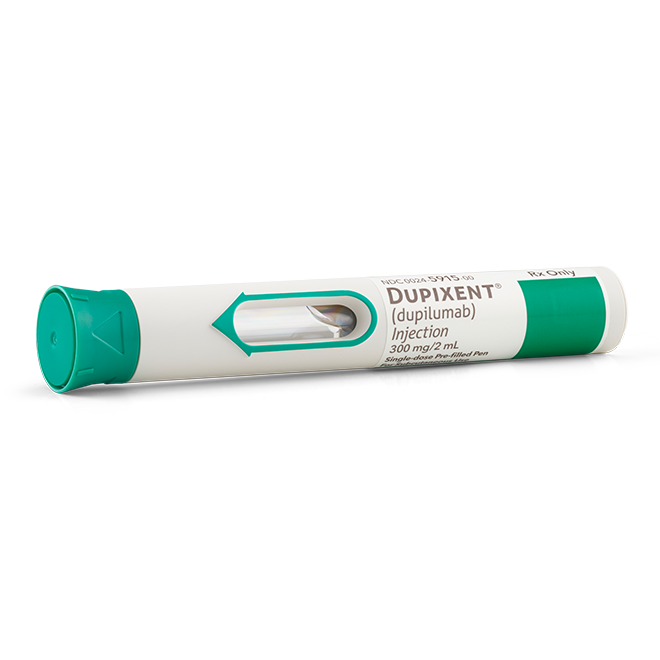
Dupixent approved in the U.S. as the only targeted medicine to treat patients with bullous pemphigoid
On Jun. 20, 2025, the US Food and Drug Administration (FDA) announced it has approved Dupixent (dupilumab) for the treatment of adult patients with bullous pemphigoid (BP).
BP primarily affects elderly patients, and is characterized by intense itch, painful blisters, and lesions, as well as reddening of the skin. It can be chronic and relapsing with underlying type 2 inflammation. The blisters and rash can form over much of the body and cause the skin to bleed and break down, resulting in patients being more prone to infection and affecting their daily functioning. Available treatment options are limited and can add to overall disease burden by suppressing a patient’s immune system.
The FDA approval is based on data from the pivotal ADEPT phase 2/3 study that evaluated the efficacy and safety of Dupixent compared to placebo in adults with moderate-to-severe BP. Patients were randomized to receive Dupixent 300 mg (n=53) or placebo (n=53) added to standard-of-care oral corticosteroids (OCS). During treatment, all patients underwent a protocol-defined OCS tapering regimen if control of disease activity was maintained.
In this elderly population, the most common adverse events (≥2%) more frequently observed in patients on Dupixent compared to placebo were arthralgia, conjunctivitis, blurred vision, herpes viral infections, and keratitis. Additionally, one case of acute generalized exanthematous pustulosis was reported in one patient treated with Dupixent and zero patients treated with placebo.
The FDA evaluated Dupixent under priority review, which is reserved for medicines that represent potentially significant improvements in efficacy or safety in treating serious conditions. Dupixent was previously granted orphan drug designation by the FDA for BP, which applies to investigational medicines intended for the treatment of rare diseases that affect fewer than 200,000 people in the US. Additional regulatory applications are also under review around the world, including in the EU, Japan, and China.
Tags:
Source: Sanofi
Credit:
